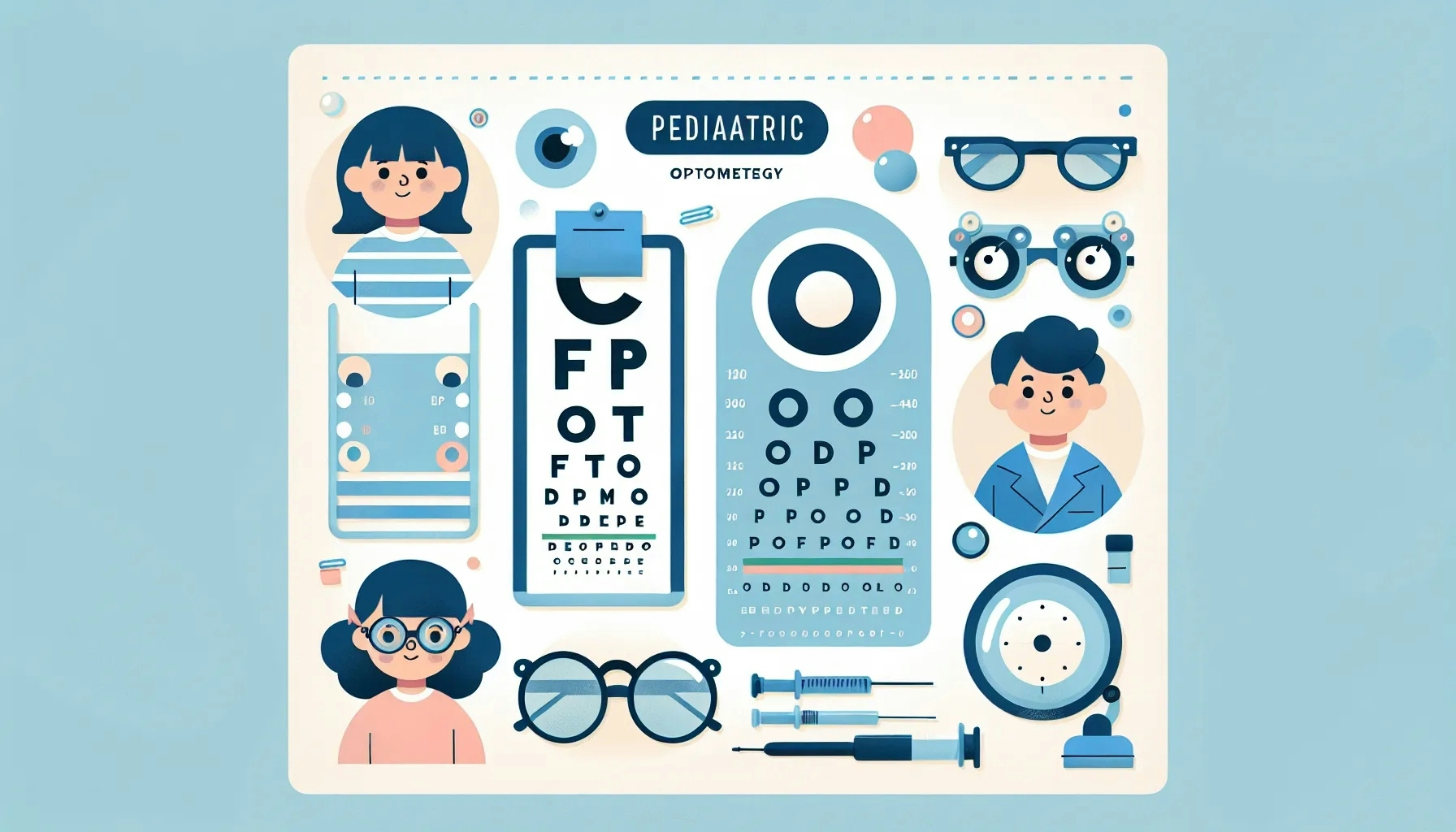Pediatric Optometry Tips for Parents
Optometry Magazine

Welcome to our comprehensive guide on pediatric optometry, specifically designed for parents. This blog post will provide you with essential tips to ensure your child's eye health is at its best. We'll delve into the importance of regular eye check-ups, common eye problems in children, and how to deal with them. So, let's embark on this enlightening journey together.
The Importance of Regular Eye Check-ups
Regular eye check-ups play a crucial role in maintaining your child's eye health. They help detect any potential vision problems early, allowing for timely treatment. Remember, children may not always express or even realize they're having vision problems. That's why it's vital to schedule regular eye exams.
Eye check-ups aren't just about vision correction. They also help identify other health issues that may affect the eyes, such as diabetes or high blood pressure. Moreover, good vision is critical for your child's educational, physical, and social development. Hence, ensuring their eyes are healthy is paramount.
Common Eye Problems in Children
Several eye problems can affect children. Some of the most common ones include refractive errors, strabismus, and amblyopia.
Refractive errors are vision problems caused by the shape of the eye that prevent light from focusing directly on the retina. These include myopia (nearsightedness), hyperopia (farsightedness), and astigmatism.
Strabismus, commonly known as crossed eyes, is a condition where the eyes do not align with each other when looking at an object. This can lead to amblyopia if left untreated.
Amblyopia, often referred to as lazy eye, is a condition where one eye fails to develop proper vision. It's usually caused by strabismus or a significant difference in refractive errors between the two eyes.
Dealing with Common Eye Problems
If your child is diagnosed with a refractive error, the most common treatment is prescription glasses or contact lenses. These correct the way light enters the eye, allowing it to focus on the retina and improve vision.
For strabismus, treatment may involve glasses, eye exercises, or in some cases, surgery. The goal is to get the eyes to align properly and work together.
In the case of amblyopia, treatment often involves forcing the child to use the weaker eye. This can be achieved by patching the stronger eye or using atropine drops to blur its vision. In some cases, glasses or contact lenses may also be needed.
Eye Safety and Protection
Eye safety is another critical aspect of pediatric optometry. Protecting your child's eyes from injury is just as important as regular check-ups and treatment.
Ensure your child wears protective eyewear during sports or recreational activities. Regular glasses do not provide adequate protection, so invest in safety glasses or goggles.
Also, limit your child's screen time. Prolonged exposure to digital screens can lead to digital eye strain, causing discomfort and potentially affecting vision. Encourage regular breaks and ensure the screen is at a comfortable viewing distance.
Nutrition for Eye Health
A balanced diet is essential for your child's overall health, including their eyes. Certain nutrients, like vitamins A, C, and E, omega-3 fatty acids, and zinc, are particularly beneficial for eye health.
Foods rich in these nutrients include carrots, sweet potatoes, spinach, strawberries, oranges, fish, and nuts. Encourage your child to eat a variety of these foods to ensure they get the necessary nutrients.
The Role of Parents in Pediatric Optometry
As a parent, you play a crucial role in your child's eye health. Regularly schedule eye exams, be aware of common eye problems and their symptoms, and ensure your child follows the prescribed treatment if they have an eye condition.
Promote eye safety, limit screen time, and provide a balanced diet. Remember, your actions and attitudes towards eye health can significantly influence your child's habits and perceptions.
Wrapping Up: Your Role in Your Child's Eye Health
Pediatric optometry is a crucial aspect of your child's health. Regular eye check-ups, awareness of common eye problems, and their treatment, eye safety, and nutrition all play significant roles. As a parent, your involvement is key. So, take the lead and ensure your child's eyes are as healthy as they can be.